Peaceworks
Publications
Articles, publications, books, tools and multimedia features from the U.S. Institute of Peace provide the latest news, analysis, research findings, practitioner guides and reports, all related to the conflict zones and issues that are at the center of the Institute’s work to prevent and reduce violent conflict.
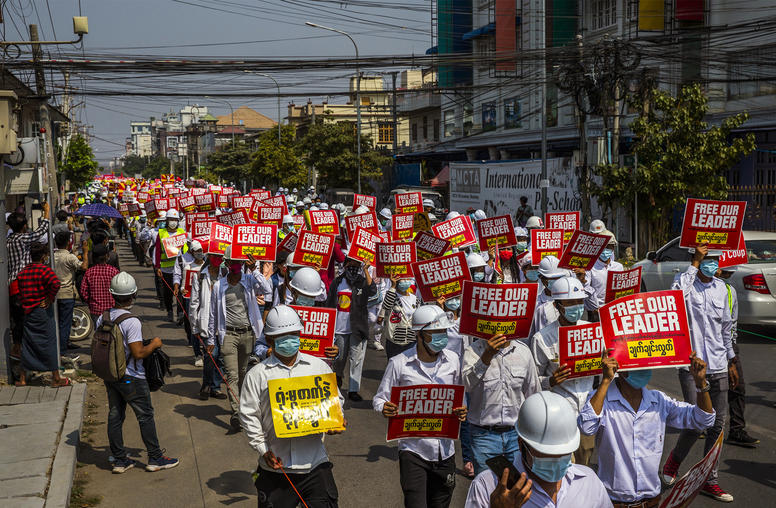
U.S.-ASEAN Summit: A Chance to Explore New Steps to Resolve Myanmar’s Conflict
The February 2021 coup in Myanmar, which overthrew an elected government and installed a brutal military dictatorship, has posed an enormous challenge to the Association of Southeast Asian States (ASEAN). The group has split on what — if any — action to take regarding the coup. Meanwhile, the military’s unbridled violence against the country’s citizens failed to suppress an increasingly militarized opposition and the conflict now affects ASEAN states bordering Myanmar and those beyond. As the U.S.-ASEAN Special Summit gets underway this week in Washington, Myanmar will not be present, a symbol that the organization — as a whole— does not accept the coup government’s legitimacy. What’s next remains to be seen.

Jason Tower on What the Ukraine War Means for Myanmar
As Russia withdraws resources from Myanmar to focus on Ukraine, China has filled the void by publicly supporting the junta. Meanwhile, the situation inside Myanmar continues to deteriorate, with “the military only able to hang on [to power] by using violence of tragic proportions,” says USIP’s Jason Tower.
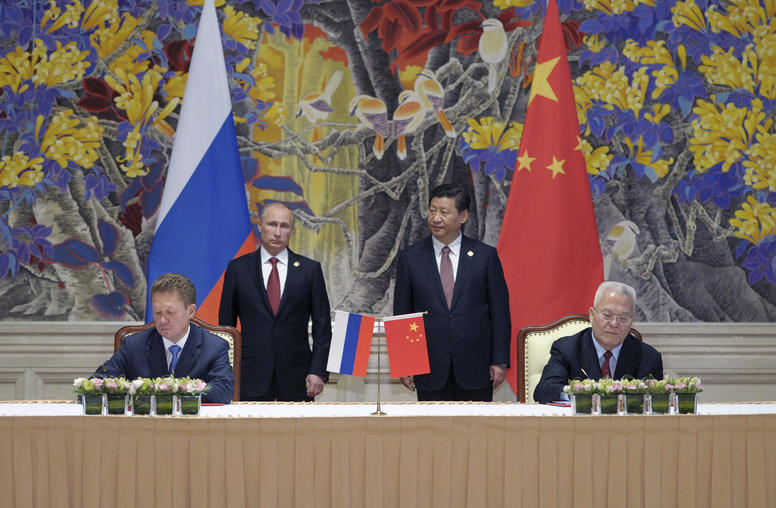
Ukraine Crisis Prompts China to Swing Behind Myanmar’s Junta
After a year of tentative ties with Myanmar’s democratic opposition, China this month dropped all pretension of hedging its bets and ramped up support for the military regime. Beijing framed its decisive economic and political move in part as a response to the “Ukraine crisis,” hinting that Russian backing for the junta may wane on the heels of Moscow’s stumbles in Ukraine, forcing China to fill the gap. With China bringing increasing pressure on Southeast Asian states to follow its lead in legitimizing Myanmar’s dictatorship, all parties in the region, and those with interests in it, will have to rethink their Myanmar strategies.
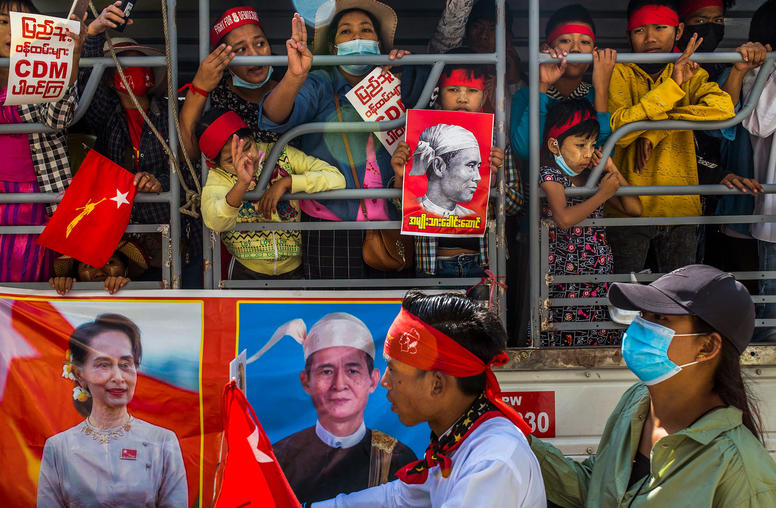
China and Myanmar’s Ousted Leaders: Mixed Signals, Cold Interests
Over the past two months, China has sought to resuscitate its relations with Myanmar’s National League for Democracy (NLD), the deposed party of Aung San Suu Kyi. Many analysts speculate the move reflects eroding confidence on Beijing’s part in the military junta’s staying power. But does it?
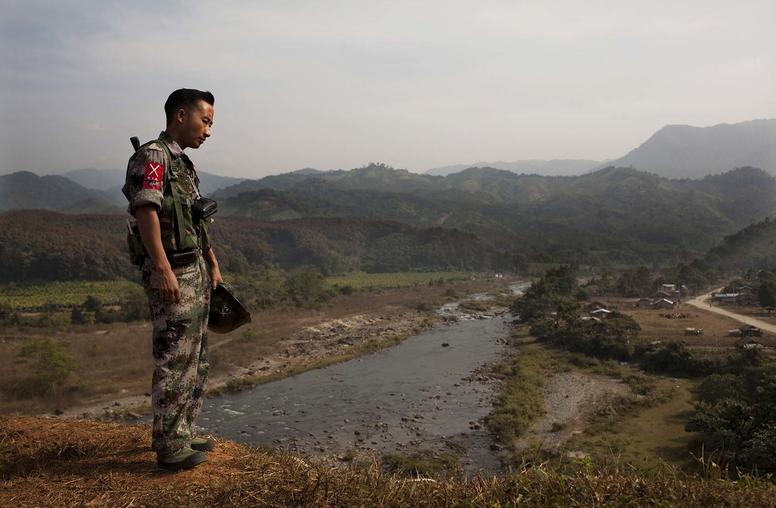
Myanmar Regional Crime Webs Enjoy Post-Coup Resurgence: The Kokang Story
Following the coup by the Myanmar army on February 1, 2021, fighting exploded immediately in the China-Myanmar border area along a strategic trade route between the two countries. But the outbreak wasn’t about the coup — instead it was a battle between two Chinese-speaking militias over control of the Kokang Special Administrative Zone, a lucrative center for illegal business. The story behind this episode provides a small window on the rise of regional criminal networks under the army’s patronage and how they are enjoying a new lease on life under the junta.
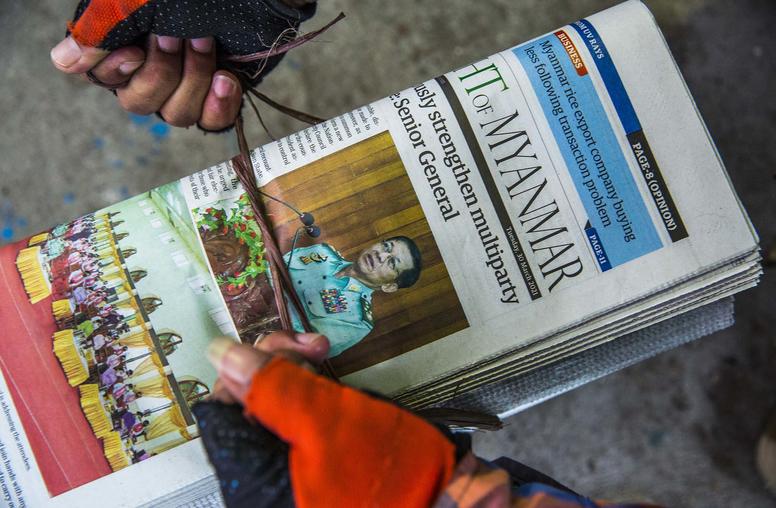
Myanmar: China, the Coup and the Future
In making major deals with Myanmar’s military rulers, China seems to be violating its official guidance for investment abroad: Avoid conflict zones. Although Myanmar is in a state of collapse and widening rebellion, China continues to advance plans for a complex economic corridor in the country with the military unveiling steps to move ahead with big joint-venture projects. The generals’ bid to appear in control of things is obvious. China, on the other hand, seems to have fallen into a trap. Cozying up to the junta puts its investments at immediate and long-term risk and erodes its standing in regional organizations. To protect its interests, Beijing should press the junta to curb its rampant violence against the population and to restore the elected government.
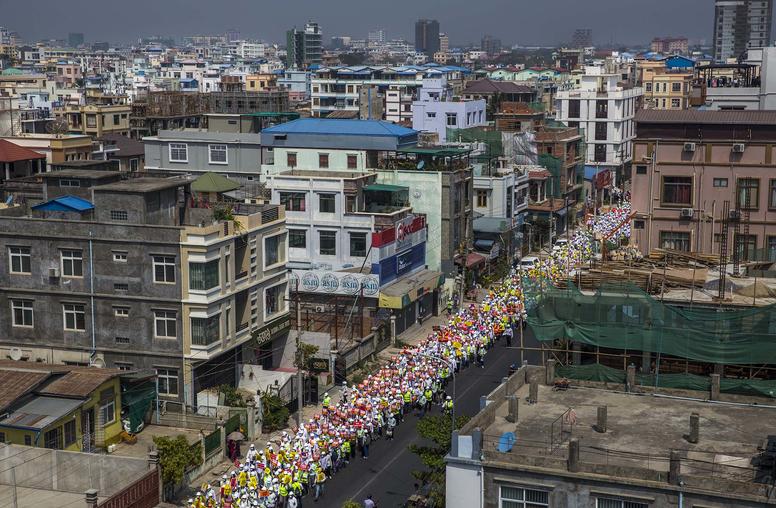
Chaos in Myanmar Is China’s Nightmare
The suspicion that China approved the military coup against Myanmar’s elected government runs deep among Burmese resisting their new dictatorship. Perhaps proof of such meddling will emerge someday. For now, what seems clear is that China would not have chosen to knowingly embroil its interests in Myanmar in the chaos that has followed the army’s power grab. On virtually every front, from public health to national security, China now faces new threats created by the post-coup breakdown in governance and the rule of law. As these consequences come into focus, Beijing will have to decide whether to maintain its tacit acceptance of the generals’ regime or take a different policy tack to protect investments in its neighbor to the south.
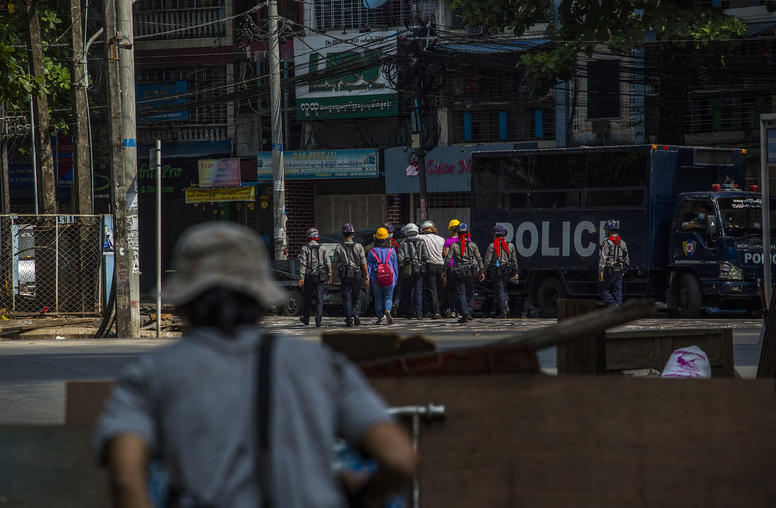
Chaos Sparked by Myanmar Coup Fuels Chinese Cross-border Crime
In the two months since the military reestablished its tumultuous rule, criminal activities in Myanmar have widened dramatically, posing new challenges to the region’s efforts and ability to control cross-border crime.
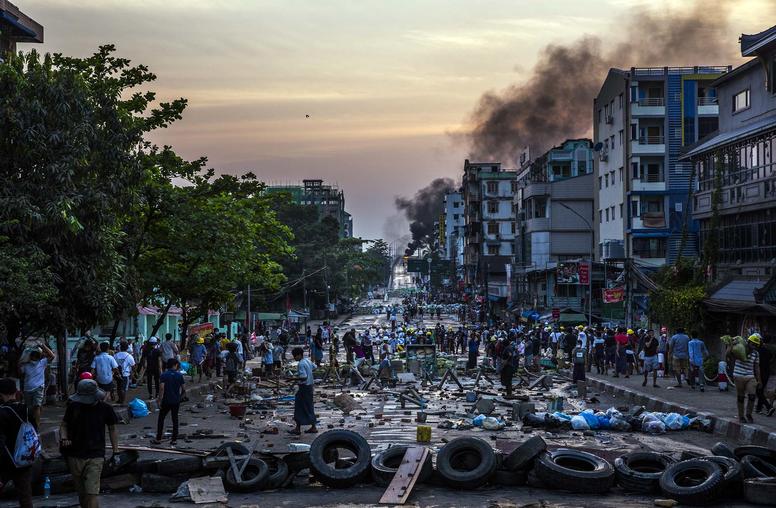
Myanmar Coup Weakens Southeast Asia Security and Cooperation
Southeast Asian governments have reacted to the coup in Myanmar in diverse ways that reflect divergent interests. Some, such as Singapore, have condemned the generals’ violence against anti-coup protesters. Others, including Vietnam, have strategic concerns behind their limited willingness to speak out. Cambodia may believe it benefits from the takeover as international attention shifts to Myanmar. They can all agree, though, that fallout from the coup is damaging the Association of Southeast Asian Nations (ASEAN) at a time when the broader regional order is in flux.
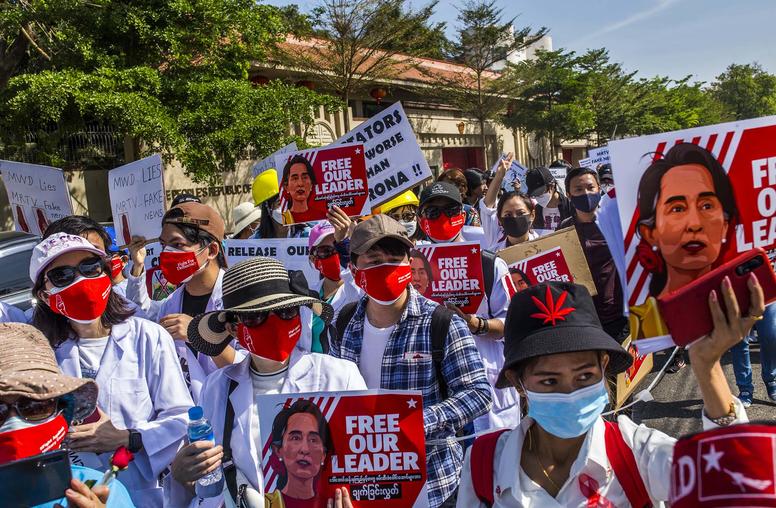
China’s High-Stakes Calculations in Myanmar
The ultimate outcome of Myanmar’s nine-week-old coup will affect a range of international actors — but none more than China. As Asia’s greatest power, China has strategic and economic stakes in its neighbor to the south that leave little space for genuine neutrality behind a façade of non-interference. Since February 1, Beijing has profoundly shaped the trajectory of post-coup violence and blocked international efforts to restore stability.